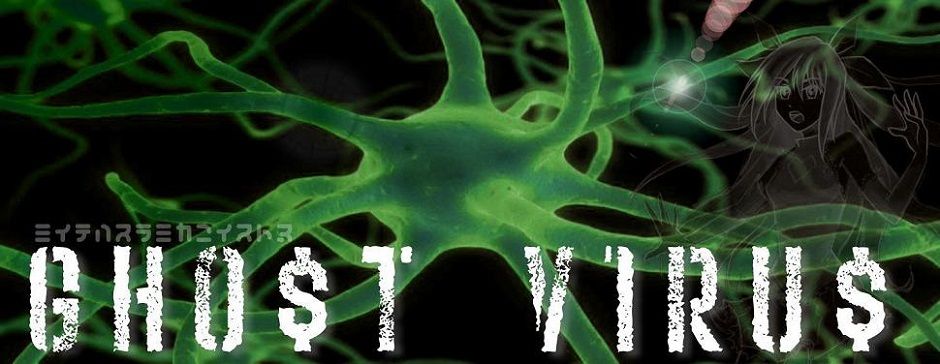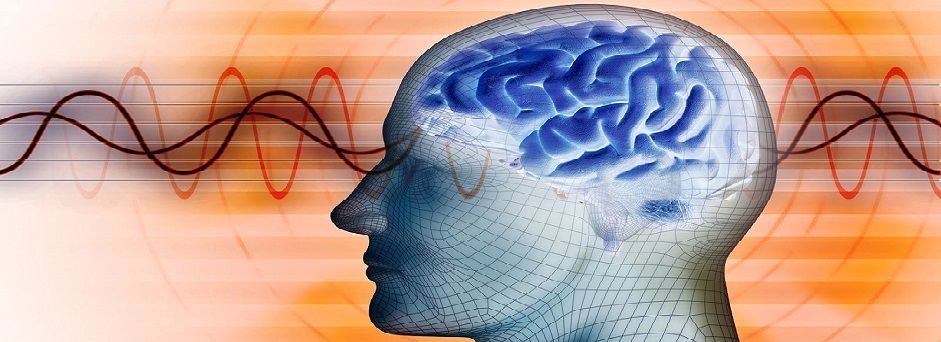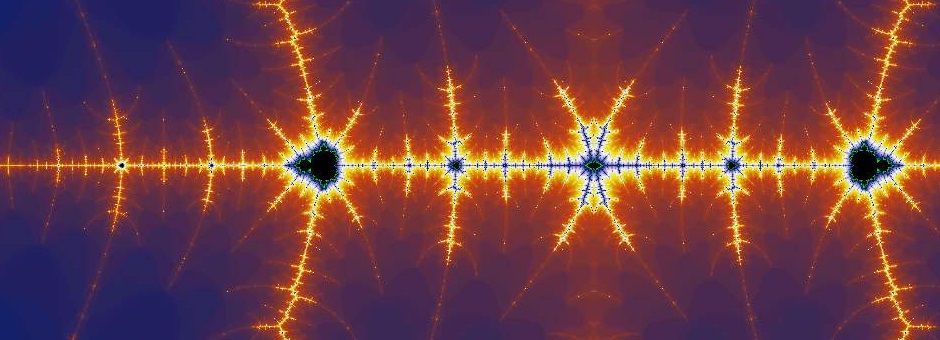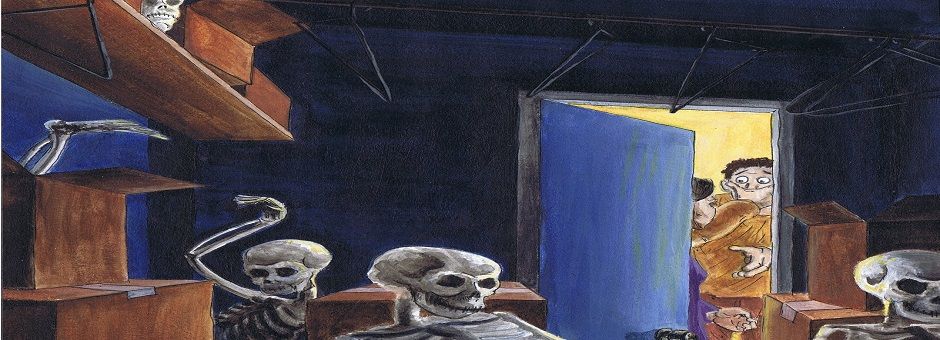The Conditions For Self
hood
If we take the fear
response we investigated in part II for example, we analysed this and
discovered we did not control the process. We might see similar
behaviour to our fear response in dogs, perhaps in response to
fireworks or a gun shot.
At this point we might
question whether or not a self was responsible for
this. As we illustrated earlier in part II, we are
inconsistent in the way we attributed the cause of emotions. On one
hand we might describe ourselves as being afraid and attributing this
to ourselves, yet on the other, we think of it as an automatic
response that we have no control over.
As far as the dog is
concerned we have to ask the question of whether we consider it as a
rational agent in charge of its (dogged?) emotions,
or as being subject to the changing environment? Naturally,
the former sounds completely absurd. However, the latter description
seems to fit both the animal and even ourselves.
We might go on to draw
other comparisons between ourselves and animals. For instance, we
can start to question whether or not the dog would have some extra
ability to sense or perhaps even control the amount of glycogen that
is synthesised into ATP, to quote an example from part II.
Whilst we certainly
cannot know what the dog's experience is like, it is not beyond the
bounds of reason to suggest that there are many processes that happen
outside the stream of phenomenal experience that the dog is conscious
of. Moreover, it again raises the question of whether or not the dog
has any kind of rudimentary self that is aware?
The hard facts seem to
suggest that dogs have no self awareness. For example they cannot
pass the mirror test but chimps can. Whilst this is a
contentious area of study it is certainly fascinating.
The
implications that we have to look at are whether or not 'being aware'
is a property of self hood. We might like to consider a range
from the simplest single cell organism all
the way up to humans.
We might ask ourselves
at what point do we draw a line and say something is actually aware?
Is a virus aware that
it is replicating?
Are insects aware of
where their food is?
Is a gecko aware of
whether the mosquito is looking the other way?
Is a dog aware of an
intruder outside?
This leads us to
question what we mean by 'being aware'. If
we use it as a descriptive term we can say an insect is aware of
where the food is because it is moving towards it. However, if we
mean having a complex mental life consisting in being consciousness
then we are talking about something else entirely.
Essentially, we can
break down the meaning of the word 'aware' as being a predicate of
descriptive language, or as being phenomenally conscious. When we use
'aware' as a predicate, i.e. the insect is aware of x, we need to
distinguish between this purely descriptive use and what we mean by
consciously being aware of mental phenomena - phenomenal consciousness.
It is quite legitimate
to believe that if we were to strip down the functions of the brain
it would eventually lead to a more rudimentary
kind of phenomenal consciousness. We might attribute this to chimpanzees but we may think twice before we attributed it
to insects.
The key point here, is
that these kinds of reasoning are nothing more
than mere speculation. All we are doing is trying to validate our
model of the world by means of inference. However, we have no means
of validation for such inferences and we are left facing the aptly
named 'hard problem' of consciousness (See Nagel, 1979).
Whilst our
inferences about consciousness fit our model they are always out of reach of empirical
validation. In this sense the attribution of phenomenal consciousness is only ever theoretical and we are always at a loss when we are looking for certainty.
In any case, taking a
step back from all this talk of whether dogs and insects have
consciousness, we might also ask what is the main difference between
dogs and humans? We might say the ability to think, language,
intelligence, and also inability to lick genitals, disdain for dog
faeces for good measure too! Joking aside though, we might look at
the kinds of criteria that we would use to make this comparison.
Dogs can communicate in
simple ways, even if it is just scratching the door to be let out.
Dogs can be taught to do tricks with repetition although I would draw
a line quite quickly regarding intelligence as barking at passers by repeatedly does not do much
for their case.
At this stage it is up
to you whether you denote dogs as having some kind of rudimentary
self or deny it completely. Its early days for you to make up your
mind if you are just starting out in an investigation. Obviously it
would be hard to say anything meaningful about the conscious
experience of a dog, but what we can say is that we can witness quite
a lot of processes going on that do not require a self.
In order to be a self
of any kind, it appears requisite that some kind of self awareness is
needed, such as monitoring of thoughts for example. But is it only
thinking that presupposes a self?
The title of this
article is 'Self requisite for causation?' and the point of this
series was to highlight the internal contradictions of dualism and
investigate our assumptions about causation. Now it seems we are in a
murky realm postulating which beings have consciousness or not.
However, it is
worthwhile in the sense that we have opened up some of the taken for
granted assumptions regarding what self hood might consist of.
We
have highlighted the contradictions of how we identify with our
emotions, whether we believe these are dualistic or not. We have also shown how dualism falls apart, when we try to stick to its model, in
the face of howling contradictions. We have also seen how
intelligence cannot be a criteria of other people having minds when
we assume dualism is true. (Even monism has its issues regarding this [See Chalmers, 1996]).
Evolution of the Self
Putting dualism aside
for now, it should be clear at this point that if we are to postulate
that there is some kind of self, we are going to have to account for
its evolution in another capacity. Going down the evolutionary chain
to single celled organisms such as amoeba, we are hard pressed to
claim that some kind of self is going to be present. If we start
scanning up the chain in terms of complexity of the brain and the
like, we might want to insert it somewhere, but we might ask where?
We started to consider the possibility and we came up with a few
candidates like awareness, consciousness, and intelligence. We could
grant these things to dogs though, and this led us to start looking
at the ability to communicate and think conceptually.
Communication exists to
a degree in other animals but certainly not to the degree of
complexity in which us humans do so everyday. There are examples of
captive primates recognising symbols and the like if you do a web search
on animal intelligence. Furthermore, other creatures show the ability
for self awareness in the mirror test.
What we have to do is
specify the necessary and sufficient conditions for self hood. The
reason being is that we have to be able to state what the difference
is between the amoeba and human having this virtue of self hood. If we
cannot state what this difference consists in, then how can we be
sure there is a difference? From our list of candidates we have:
Being phenomenally
consciousness
Awareness of ones self
and others
Possessing intelligence
Exhibiting
intentionality
Ability to Communicate
By virtue of thinking
abstractly
At this point I could
walk you through each of these but it is probably better if you do
the work to demonstrate it in your own experience. As a brief
overview we know consciousness is a tricky one, but it seems absurd
to suggest that your pet dog is not conscious in some capacity, and
we can take that down to smaller animals like rats who have the ability to navigate mazes and solve very basic puzzles for food rewards. We have to remember the absurdity of displaying intelligence without a mind on the dualist account but here, we are postulating whether intelligence presupposes consciousness.
Apes demonstrate
awareness of the mindset of other apes around them before communicating, and I wrote an article about this research a few years ago. Other animals appear to communicate in more limited capacities.
Apes are able to solve complex tasks as we illustrated with Kanzi the bonobo cooking marshmallows, and various other studies also demonstrate signs of inelligence.
Thinking abstractly seems to be
the strongest candidate here, but if we say this is the necessary
condition, then we have to deny that anything that cannot think
abstractly has no self.
This would be
problematic in the case of a new born child if we were to try and say
that there is some innate self in humans (viz. a dualist). Without the ability to think we would
have to deny that they had any kind of self. If we were to admit this and say the self develops, then we would have to explicitly admit the self is constructed from experience and concepts - which is my argument.
However, if you want to reject this assertion you have to account for how a self exists independently from the very thinking that you believe is requisite for self hood. To compound this issue research
has shown that it is possible that animals are capable of abstract thinking without having any kind of language, and that animals are capable of planning with episodic memory - just to muddy the water a little.
Of course, these examples are extreme case formulations but the key is to notice that none of
the candidates are sufficient to explain what has and does not have a
self - in isolation and even in various combinations. We might argue that all of
these are necessary conditions for self hood, but they are certainly
insufficient to state what does have and does not have self hood.
To demonstrate this to yourself you can pick away at the threads we have started here and see if you can unravel them to provide a suitable explanation for self hood on your own. I will save you the bother and tell you that these concepts are completely inadequate.
What we do find is that we can give the vaguest definitions and then try and say that other facts are needed. We can also say that our current terms are derived from scientific study and therefore must be true.
However, I cordially invite you to look in to scientific explanations of terms such as intelligence and consciousness. What you will find is that these are heuristic terms that mean a kind of phenomena we think we can intimately know but there is no objective grounding for them, nor any kind of satisfactory explanation for why they occur. Try defining 'intelligence' and you will see it is problematical. A starting point might be this.
Intelligence - capacity for learning, reasoning, understanding, and similar forms of mental activity; aptitude in grasping truths, relationships, facts, meanings, etc.
Almost immediately, we open up a quagmire when we ask what does this presuppose? Many organisms can learn, where do we draw the line between those that can or can't? Define reasoning. Can we be sure that rats aren't reasoning when they navigate a maze, do they need to understand a problem and then solve it? How do we know there is mental activity ongoing in other animals, or for that matter other humans? - AKA the problem of other minds.
Of course, to follow all these threads would require tomes of reading but since we do not have a clear starting point, we are only capable of guess work. The point I am making is that we like to form a model of the world based on the foundations of these concepts.
In practice though, the very terms upon which we are basing the model are merely sense making concepts that do not, in of themselves, give an explanation of the phenomena they supposedly represent when we try to apply them universally. In this instance they break down and we see that they are quite empty and lack universal application.
In order for such an idea regarding the nature of creatures to have any traction, it must be universally applicable. If it lacks this universality we can question whether we are talking about some real phenomena, or an artifact of our way of making sense of the world.
Were these ideas to possess the attribute of universality then they would be sufficient for us to make divisions according to our categories.
The point here is that we are unable to do so.
This means our ideas about self hood, consciousness, and intelligence, to name a few, are inadequate for us to carve up the domain neatly and the boundaries are always going to be blurred. We are
also left with the absurdity of accounting for a self that could not
think at some point in our evolutionary past even if we could.
The idea that self hood
is innate is incompatible with evolution, and the prospect of
accounting for 'selves' that did not think is difficult.
We might ask for
example when did self hood first appear? Unfortunately, we run in to
the same problem providing any distinction that is not arbitrary.
Moreover, we also have to admit that the self is the product of more
complex brain functioning if we follow this chain of reasoning.
If the self is the
product of the more complex functionality of the brain, the product
of the mind as such, then we are left with the admission that the
self is nothing more than the story the brain phenomenally
experiences about its supposed place in the world.

In other words, it is a
fantasy projection of thought. Although, I will grant this fantasy is
coherent and exhibits a degree of predictability but on this view it
cannot be anything more.
Moreover, and most importantly, what grounds does this give us to make any assertions about agency and mental causation?
If we are now a little sceptical about all our prior untested reasoning, which you should be, then how can we simply establish that a self is requisite for mental causation when we cannot even delineate what does and does not possess agency?
If we cannot even make a division between ourselves and other simple species such as insects, then what grounds do we have for establishing facts about self hood being requisite for causation?
Of course, we have a
couple of things not mentioned in the list above, for example, you
may believe you have free will and volition over your actions and
thinking. You might accept the idea that the ownership of emotions
story may be beyond our control but you may be able to establish this argument in some other way.
If this is the case
check out my thought experiments on the home page and you will see
that our idea of what the self is, turns out to be insufficient to
demonstrate that it is requisite for causation.
We will of course
explore this further in future posts but for now we can now be at least satisfied that our presumptions are quite groundless and, ultimately you will discover they are in fact completely empty.
As I have always said,
you don't exist in the sense that you have the quality of essential existence, or are some kind of self sufficient entity. The reality is
there is no division between the world and the brain processes that
form the 'self'.
Everything is all bound in the interconnected fabric
of reality and the distinction made between 'you' and the 'world' is
simply a conceptual distinction, nothing more. I invite you to take a
look....

























